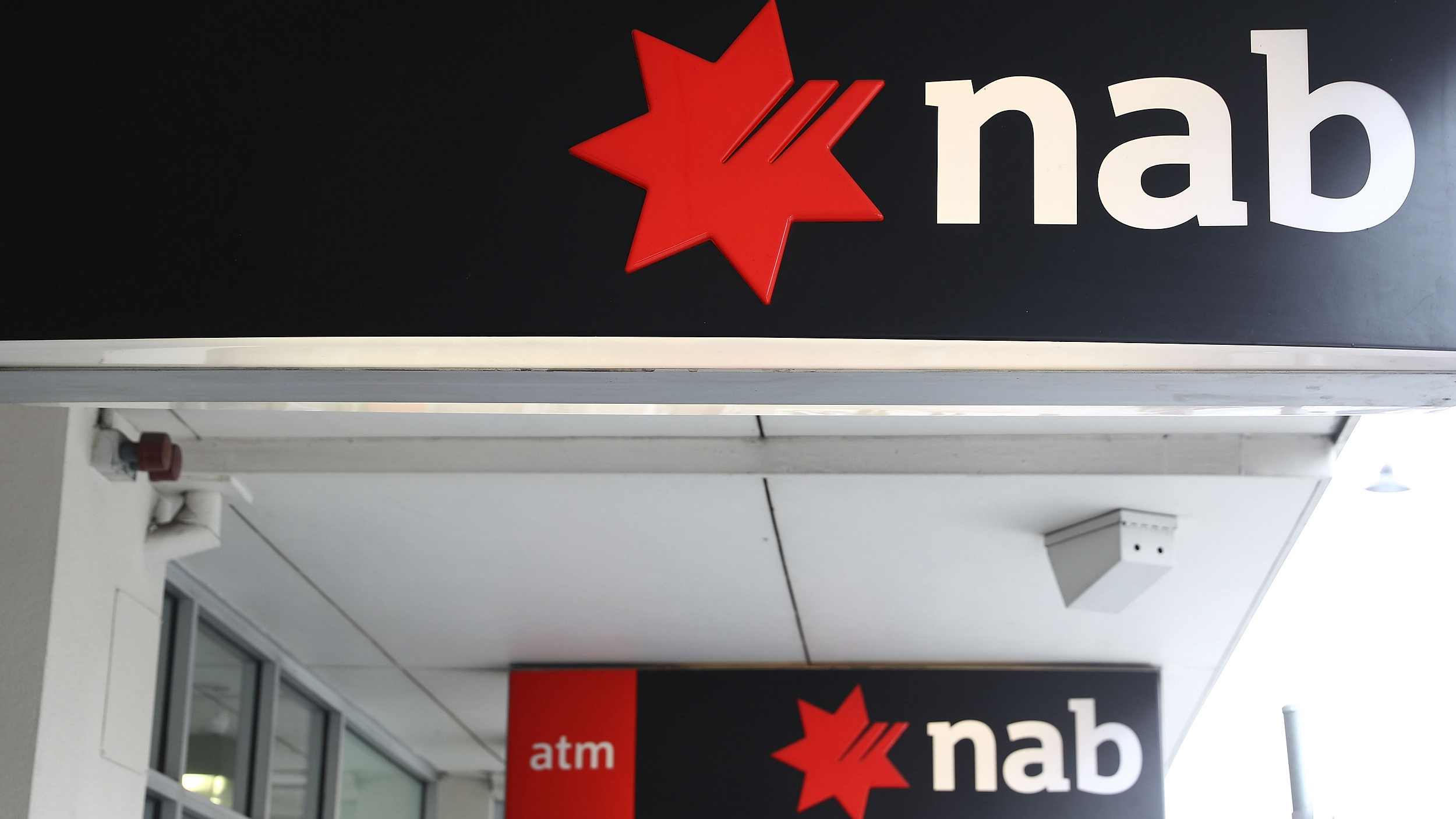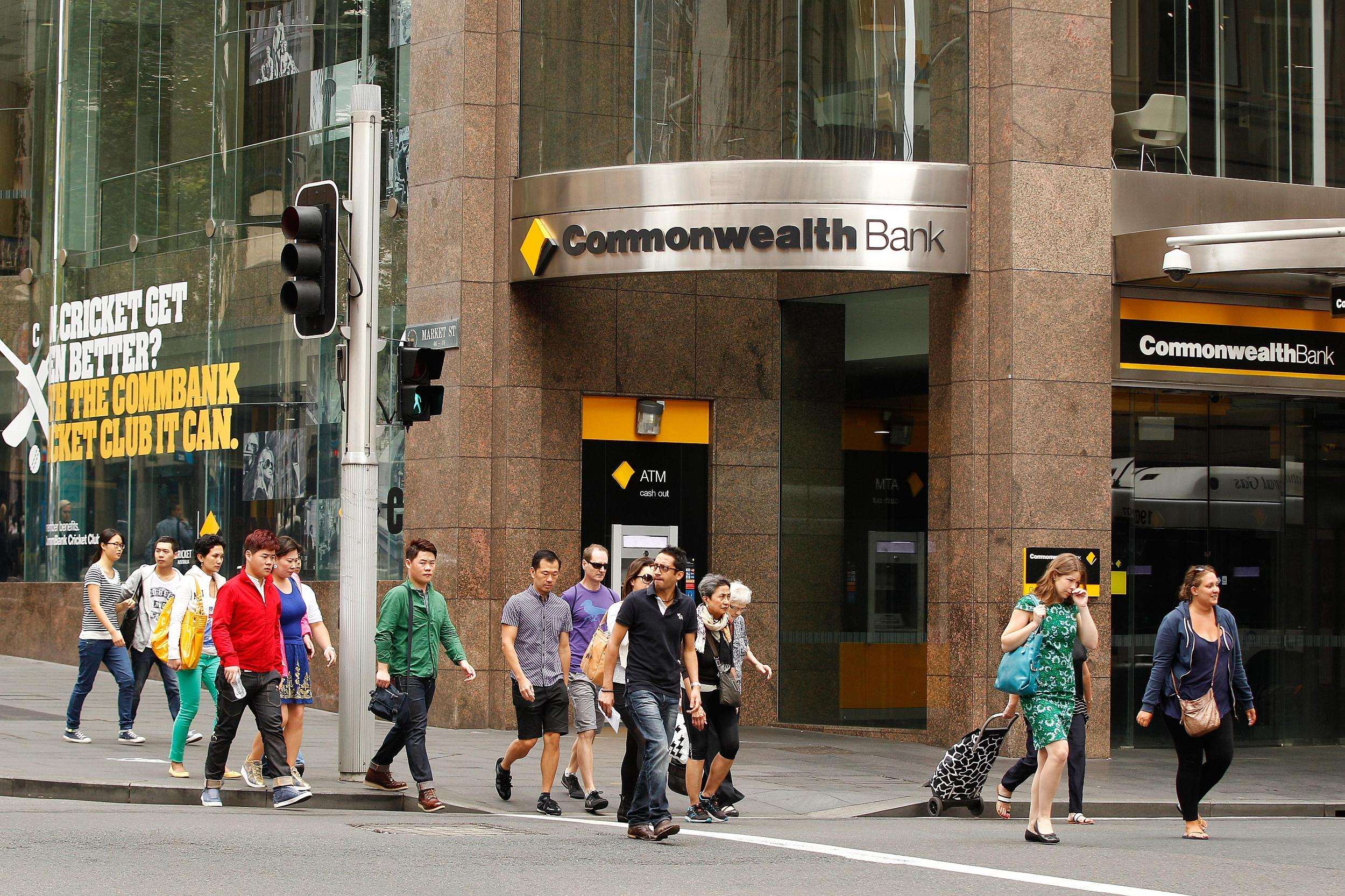
Business
10:03, 22-Oct-2018
Institutional investors turn their backs on Australian banks
Updated
09:02, 25-Oct-2018
CGTN

Investors are turning against Australia's big banks as earnings tumble, growth plans are abandoned, and fee income cut in the fallout from a powerful financial sector misconduct inquiry and more challenging economic conditions.
More than 31 growth-oriented institutional funds, which have long relied on the banks to deliver strong and predictable earnings, have closed their positions this year.
A further 146 growth funds have trimmed their holdings, helping push share prices of the so-called "Big Fou" down between 14 to 20 percent lower in the past year, an analysis of stock portfolios has found.
Veteran Australian investor Geoff Wilson, chairman of Wilson Funds Management, said the market was yet to digest the full impact of the headwinds facing the sector.
"One thing we do know is that markets over-react," Wilson said. "I don't think they've over-reacted yet on the banks."

A Commonwealth Bank of Australia (CBA) branch in Sydney, Australia /VCG Photo
A Commonwealth Bank of Australia (CBA) branch in Sydney, Australia /VCG Photo
The dour outlook will challenge the reputation of some of Australia's biggest financial institutions – Commonwealth Bank, Westpac Banking Corp., Australia and New Zealand Banking Group and National Australia Bank – as world leaders in profitability.
The four retail banks yielded close to 20 percent return on equity over the last decade, Refinitiv Eikon data shows. That has shrunk to 12 percent this year.
Analysts expect Australia and New Zealand Banking Group, the third largest lender by market capitalization to report a 15-percent-fall in cash earnings for the second half of the fiscal year to 2.09 billion US dollars when it releases results on October 31, driven by higher costs and lower lending volumes.
Annual cash earnings at NAB, the fourth largest, are similarly anticipated to fall by about 12 percent when it reports on November 1.
Source(s): Reuters

SITEMAP
Copyright © 2018 CGTN. Beijing ICP prepared NO.16065310-3
Copyright © 2018 CGTN. Beijing ICP prepared NO.16065310-3